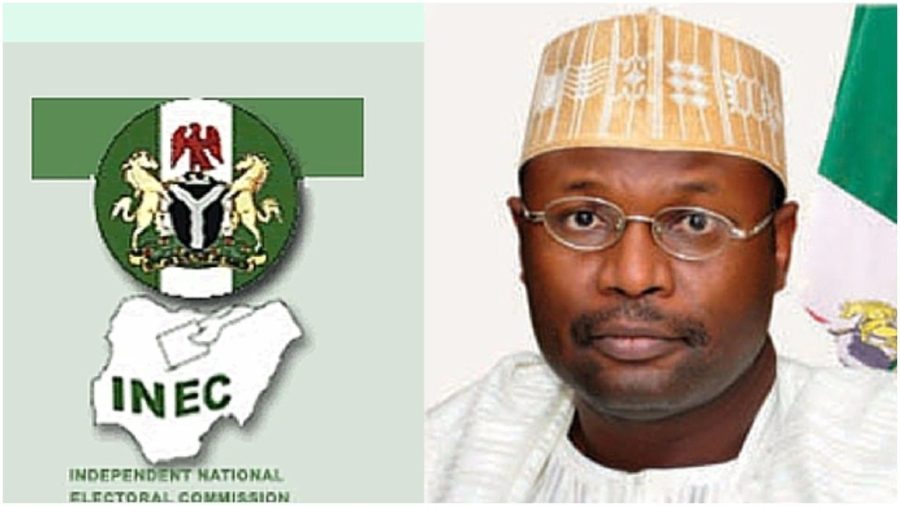On INEC’s de-registration of parties of political
Last week Thursday, the Independent National Electoral Commission (INEC) pruned the number of registered political parties, from 92 to 18. The decision to axe 74 political parties out of 92 could not be unconnected with their poor performance in the 2019 general elections.. It was reported only few among the newly registered parties won some […]

File photo
Last week Thursday, the Independent National Electoral Commission (INEC) pruned the number of registered political parties, from 92 to 18. The decision to axe 74 political parties out of 92 could not be unconnected with their poor performance in the 2019 general elections.. It was reported only few among the newly registered parties won some seats in the National and state Assemblies. Even before INEC took the bold decision to reduce the number of parties, there were mixed reactions that continue to greet the proliferation of non performing political parties in the country. While in multi-party system, there is no limit to the numbers of political parties, in the case of Nigeria, these mushroom parties have failed to make any political impact in the country.
Political parties serve as platforms on which candidates seek election.Yes, parties sponsor candidates for various elective positions or posts On the other hand, and in the case of Nigeria, the candidates after winning elections maintained the party structures through favours and appointments. However, besides the two dominant political parties- PDP and the ruling APC, other smaller parties just existed by name. They are parties owned, controlled and registered by friends and families. Some of them do not have national secretariats let alone state offices. You can only see and hear their names during elections. Immediately these parties collect their subvension and elections are over, they disappear into the thin air and reappear during another round of elections.
The increase in numbers of our political parties to 92 had created a lot of confusion in the minds of electorates. Some of the deregistered political parties had or shared similar symbols or emblems with one another. During the last general election, it took the intervention of party agents to explain the differences to the illiterate voters. This, after all, was time consuming.The electoral umpire also chanelled huge amount of resources to print long and confusing ballot papers.These challenges could have been avoided if our political parties were manageable in size. With this development, I think the parties affected by rationalisation should identify and join the surviving ones, which share same or similar ideologies. Let us have strong and competiive political parties in the country.The INEC should not hesitate to wield another big stick to the remaining 18, which by electoral laws prove incapable to make any political headway.
Ibrahim Mustapha Pambegua, Kaduna state
